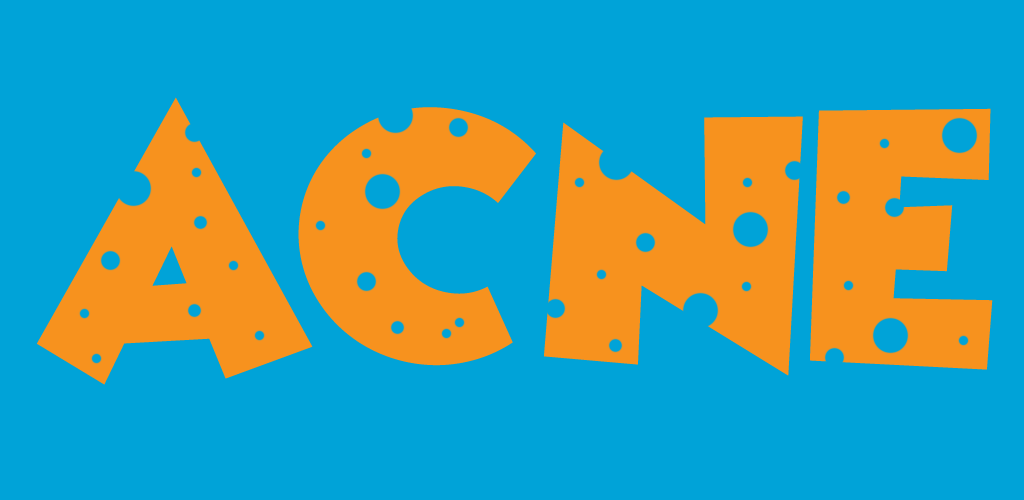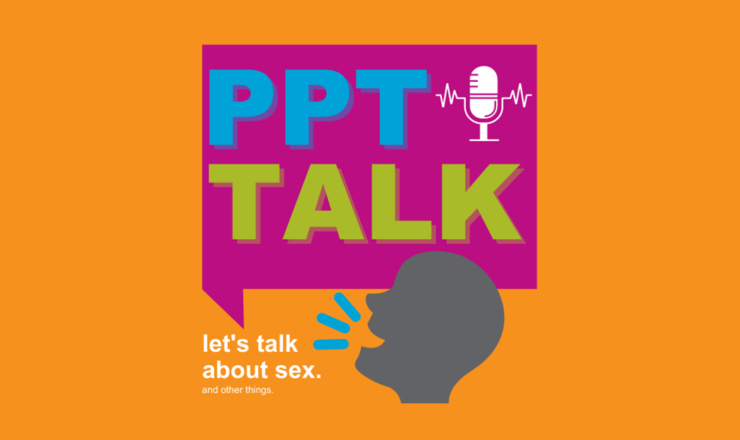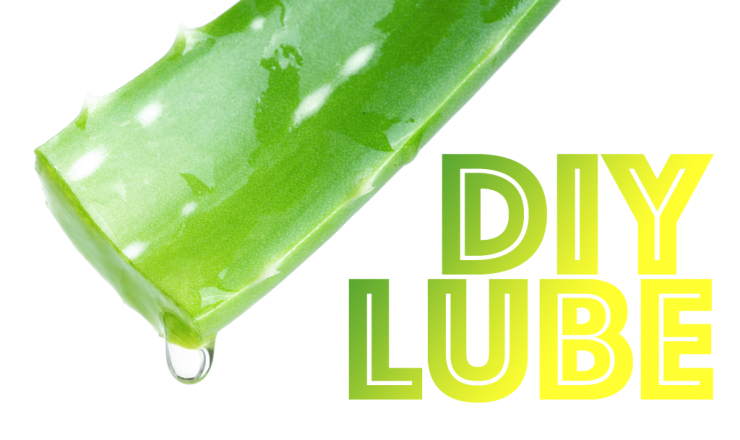

Acne. It’s a thing. It’s an expensive clothing line. It *could* be the start of a great band name. It’s definitely why people keep wearing those scary charcoal masks that are horrible to peel off. More importantly for us, acne is little or big or somewhere in between bumps or indents on your skin.
Most people have had some kind of acne before, and there’s a ton of negative messages we all get about acne being the worst thing ever and that you have to get rid of it immediately. 80% of people between 11-30 years old have had acne at various degrees, so it’s a super common thing that people have a big range of experiences with. [Source: Link]
Literally no one knows for sure. There are lots of studies being done, and there is a link between acne and hormones fluctuating. That’s why many people notice acne during puberty, pregnancy, while menstruating/on their period, or with things like polycystic ovarian syndrome. There’s also some evidence it can run in the family, or be caused by certain medications or birth control methods. [Source: Link]
You know what DOESN’T cause acne?
Acne is really just our skin doing it’s thing. Some people never have a pimple, some people have a few, some people never get them once they go through puberty, some people have it well into adulthood. It’s all normal. KidsHealth have a great article about acne myths, including a few we don’t talk about here: Link.
There’s a million different products and ads and people in our lives that are trying to tell us to get rid of acne. Like with everything, everyone has a different relationship to acne. This relationship is personal, but also connected to bigger opinions that influence us from advertising, TV, movies, etc. We’re told that acne is unattractive and people who are considered to be hot are perfect, poreless, flawless beings, which absolutely no one is.
Acne is a totally normal and common thing to experience though, especially in puberty (anywhere between 8-18 years old!)
Body positivity is a thing we like at Teen Health Source, which also has a bunch of different definitions. We think positively of everyone’s bodies, which doesn’t necessarily mean you have to love yours or accept it as it is. We think people and their bodies have value no matter how they look or work, because everyone’s body looks and works differently. It’s not so much about *loving* your body every day, but just acknowledging what your body can do and trying to be accepting of it as it is — Remember: no one else has your body, which is cool and special!!!
That doesn’t mean you have to contour your pimples or anything, but you could if you want to. Acne can be cute!! Lots of people love their acne, and lots of people hate it. It’s also really socially acceptable to be grossed out by or dislike your pimples, and that’s valid too. Acne, especially cystic, can be painful and can lead to scarring (which there are treatments for). There’s no one right way to be about it, it’s just about figuring out what feels right for you.
People can be really rude about acne and say mean things or pressure you into “fixing” it, but it’s always your choice. You’re allowed to do whatever you want with your body. Be proud or conflicted or be upset and do whatever you think is best!
As with any medical thing, we always suggest checking in with a clinician if you think your issue is serious. If your acne is really a problem for you (and it’s okay if it is), you can totally see a dermatologist about getting prescription acne meds. Here are some other things you can try (shout out to Go Ask Alice for a lot of these tips: Link):
If you have questions about this topic, feel free to contact one of our peer educators. [Link]
Last Updated: April 2020
*Disclaimer: This should not be considered medical advice or an endorsement. These are just links to things that have worked for people in the past.

Peer educators from Planned Parenthood Toronto’s PEAK project have started a podcast

Tired of giving money to corporations just to have some lube? Check out these options for Do It Yourself Lube!